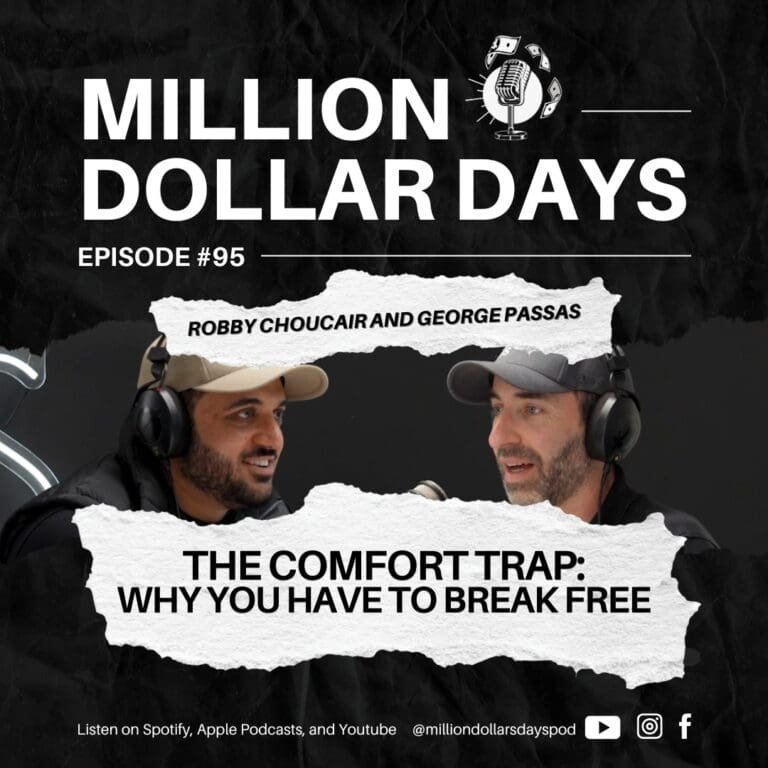Breaking free from the comfort trap is one of the most challenging aspects of professional growth. In a recent discussion, we explored how easy it is to become complacent in our careers, often without even realizing it’s happening. This invisible barrier to progress affects everyone from entry-level employees to established entrepreneurs.
The conversation began with a striking realization: after leaving a job at Mercedes-Benz nearly a decade ago, returning for a meeting revealed that several former colleagues were still performing the exact same tasks they had been doing 10 years prior. This observation sparked a deeper examination of how comfort and routine can create a career time warp, where years pass with minimal professional evolution.
From an employer’s perspective, there’s a noticeable difference between employees who simply complete their assigned tasks and those who demonstrate “the spark” – that extra level of commitment, initiative, and ownership. This quality is difficult to identify during the hiring process but becomes evident through performance over time. It’s what makes certain team members stand out and become invaluable to an organization.
The transition from employee to employer mindset reveals fascinating shifts in perspective. As employees, many of us count sick days, plan vacations far in advance, and watch the clock. As employers, the focus shifts to maximizing productivity, seeing opportunities for growth, and viewing time as a resource to be invested rather than spent. This mental shift often happens gradually as responsibilities increase, but the awareness of this change can accelerate professional development.
One of the most valuable insights discussed was how quickly we can become comfortable with mediocrity when we stop challenging ourselves. The desire for stability and predictability often overrides our potential for growth. There’s a natural human tendency to settle into routines, minimize disruption, and avoid the discomfort that comes with change. However, this comfort zone becomes a trap that limits our potential.
In the construction industry specifically, there’s a constant balance between risk and reward. Larger projects may offer greater financial returns but come with increased complexity and potential for problems. This risk-reward calculation exists in every industry and at every level, whether you’re considering moving from bathroom renovations to building houses, or from residential projects to commercial towers. The question becomes: are you avoiding the next level because of legitimate risk assessment, or simply because it feels uncomfortable?
Perhaps the most powerful takeaway from the discussion is that significant professional growth rarely occurs without discomfort. When we examine the careers of highly successful individuals, we see a pattern of repeatedly pushing beyond comfort zones, taking calculated risks, and embracing new challenges. The alternative – staying within familiar territory – may feel safe, but often leads to stagnation.
Breaking free from the comfort trap requires honest self-assessment. Are you truly fulfilled in your current position, or have you convinced yourself that you’re content because change feels intimidating? Are you declining opportunities because they genuinely don’t align with your goals, or because they would require you to develop new skills and face unfamiliar challenges?
The path to professional growth isn’t always about dramatic career changes. Sometimes it simply requires bringing renewed energy and commitment to your current role, seeking additional responsibilities, or developing new skills within your existing framework. The key is maintaining forward momentum rather than settling into comfortable routines.
As we concluded our discussion, we reflected on how easy it is to look back after a significant change and realize how limited our perspective had been. Those who have moved from one role to another, or from employee to entrepreneur, often express amazement at how they once believed their previous situation was ideal, only to discover new possibilities they couldn’t have imagined.
